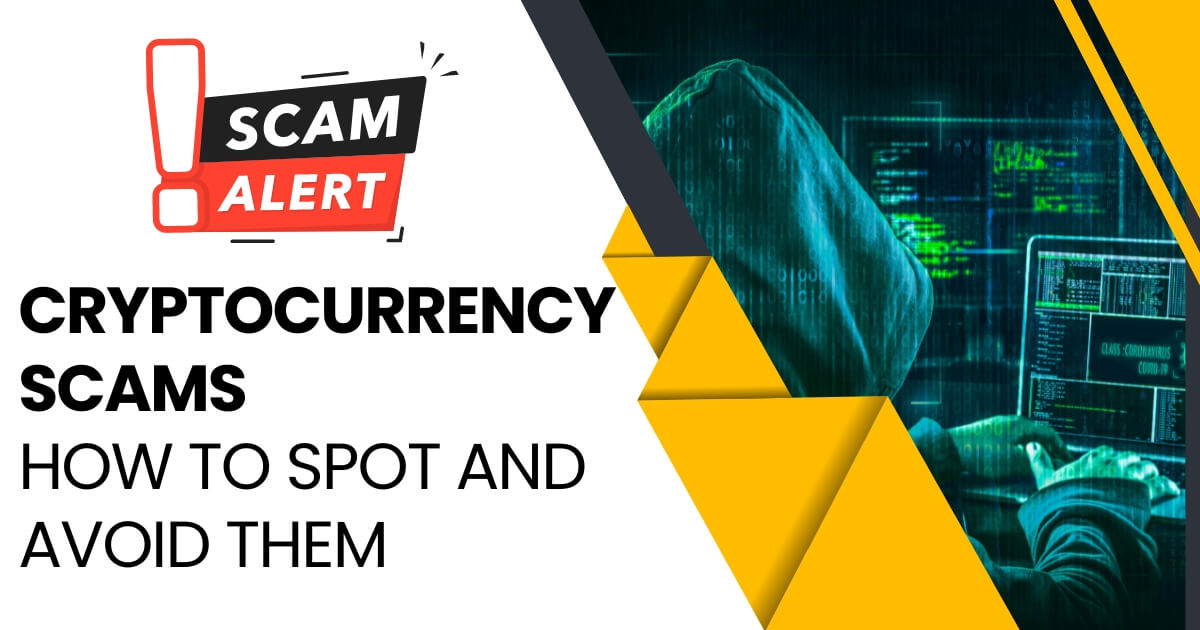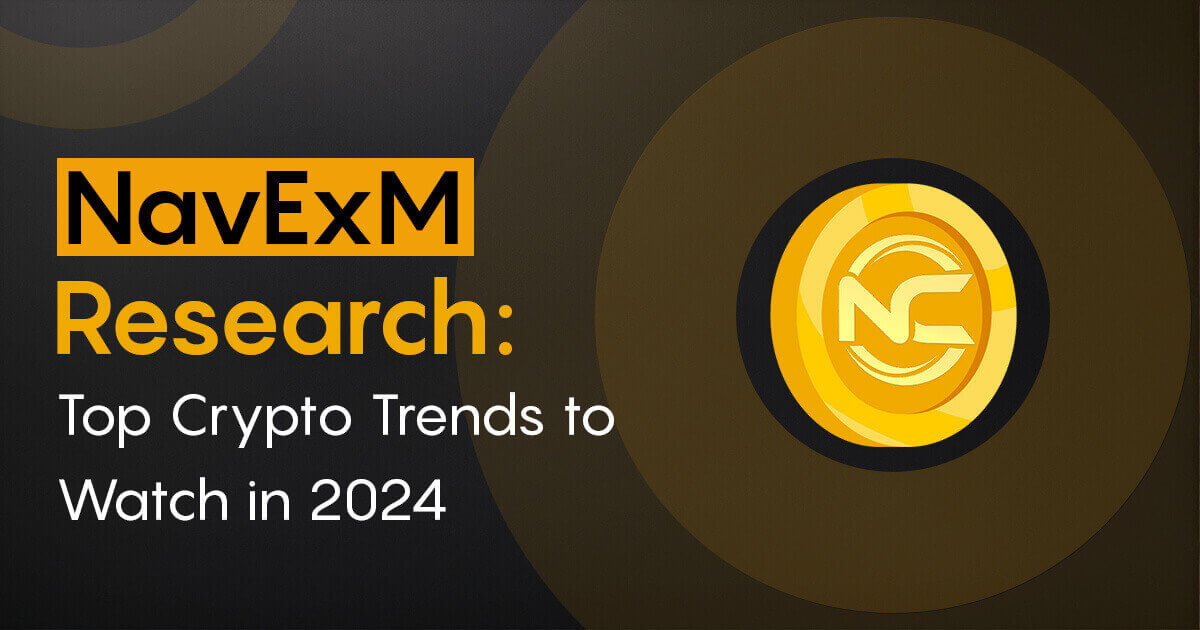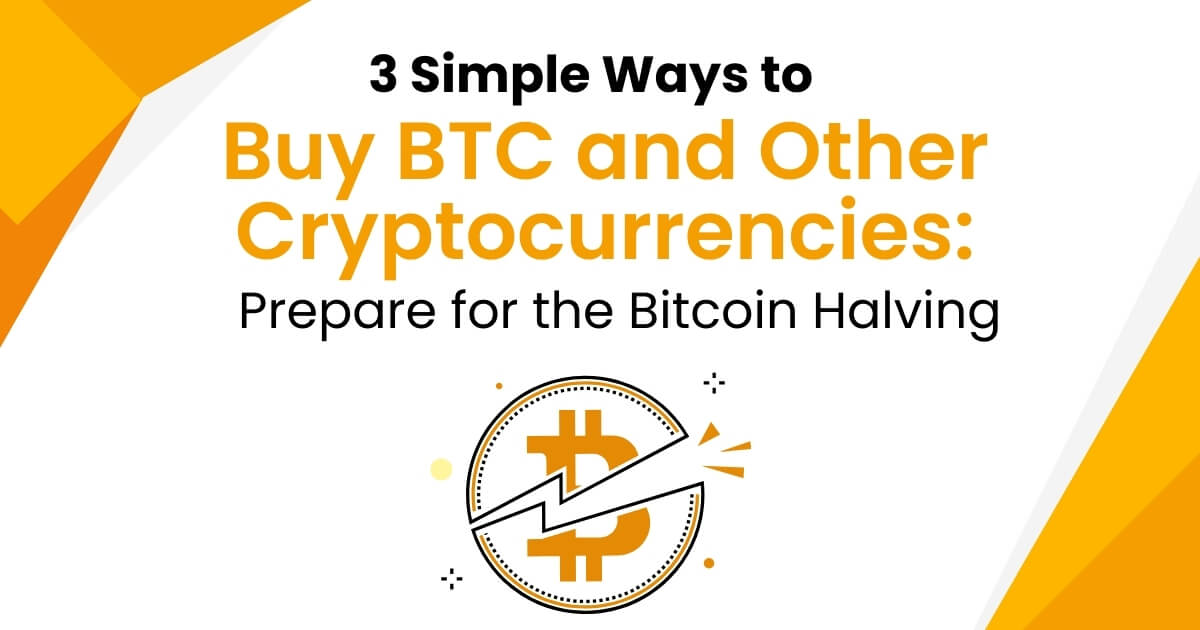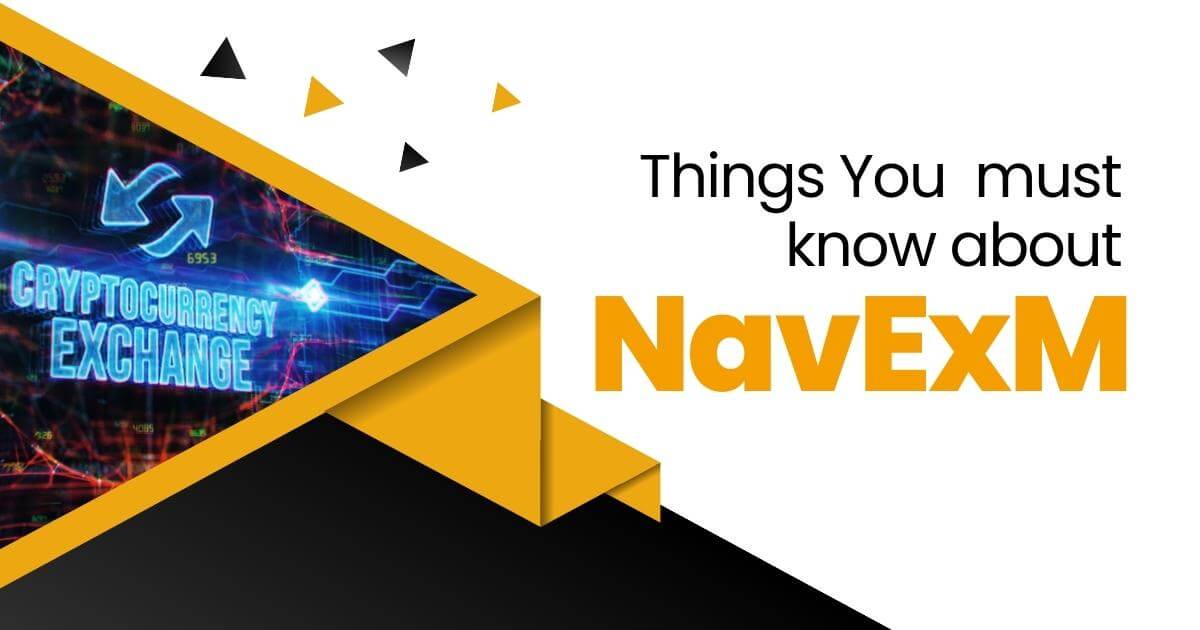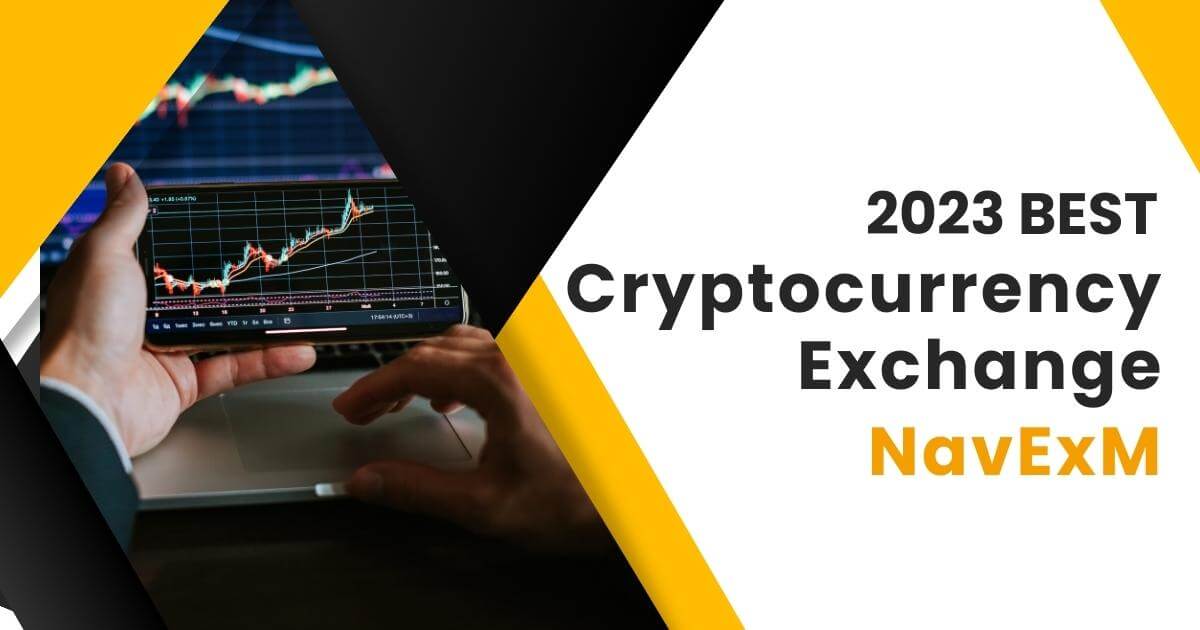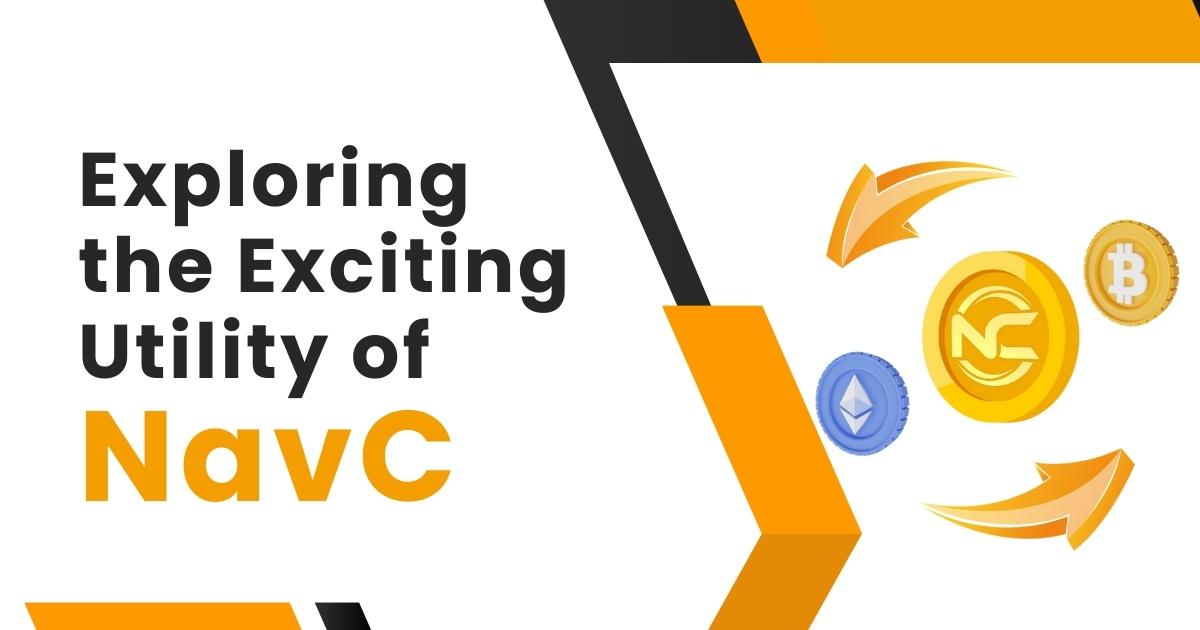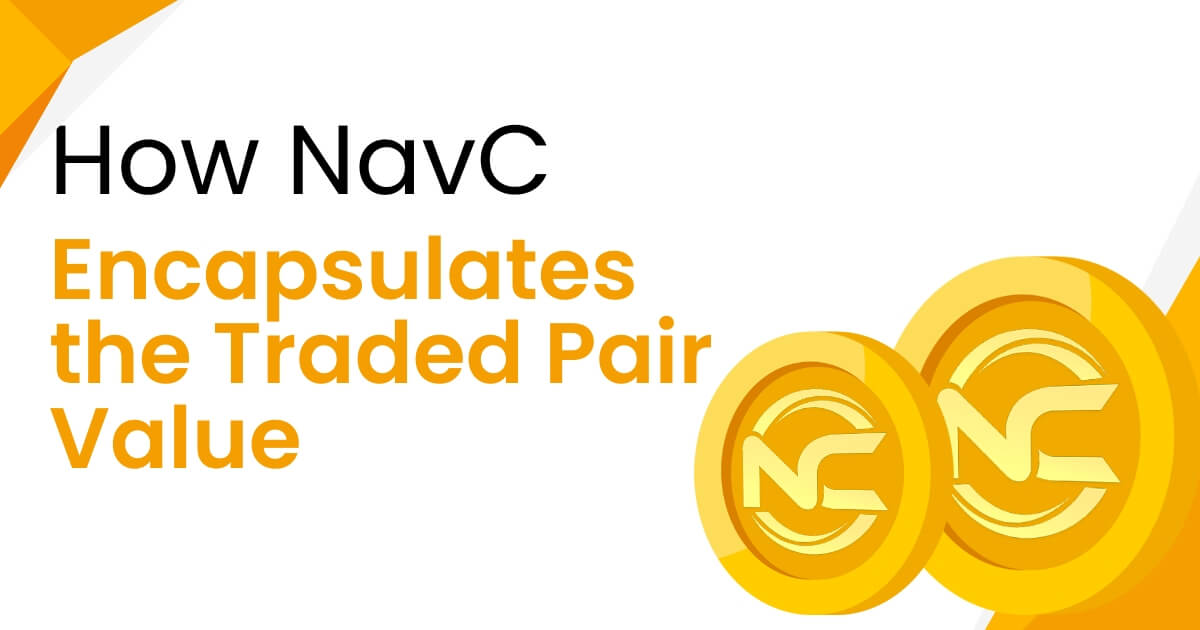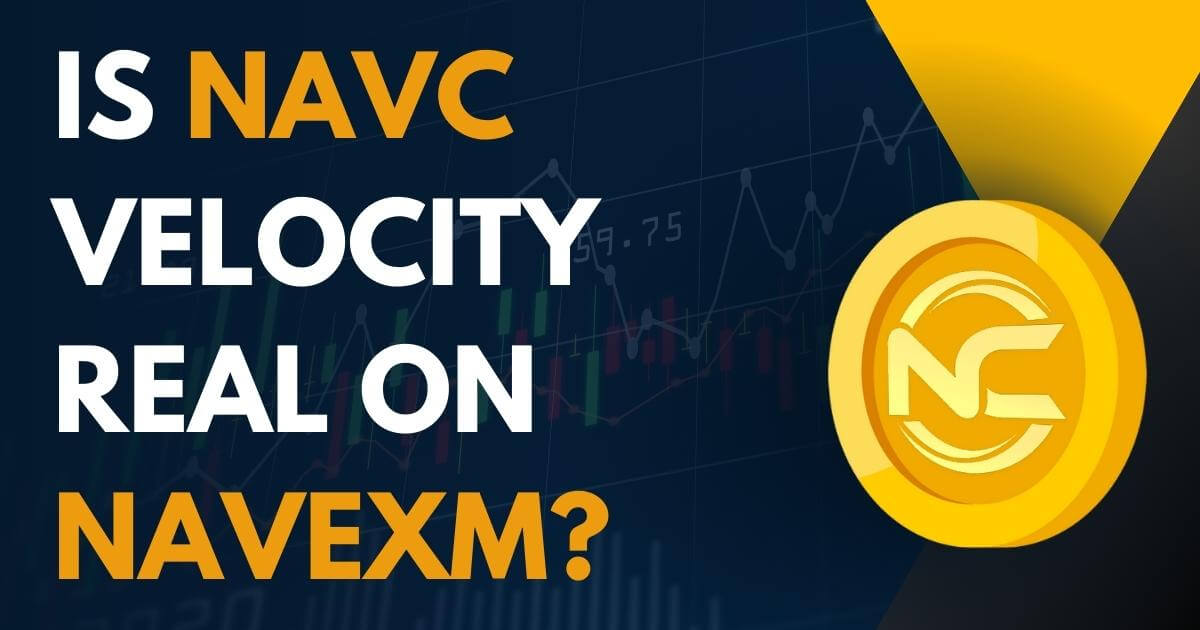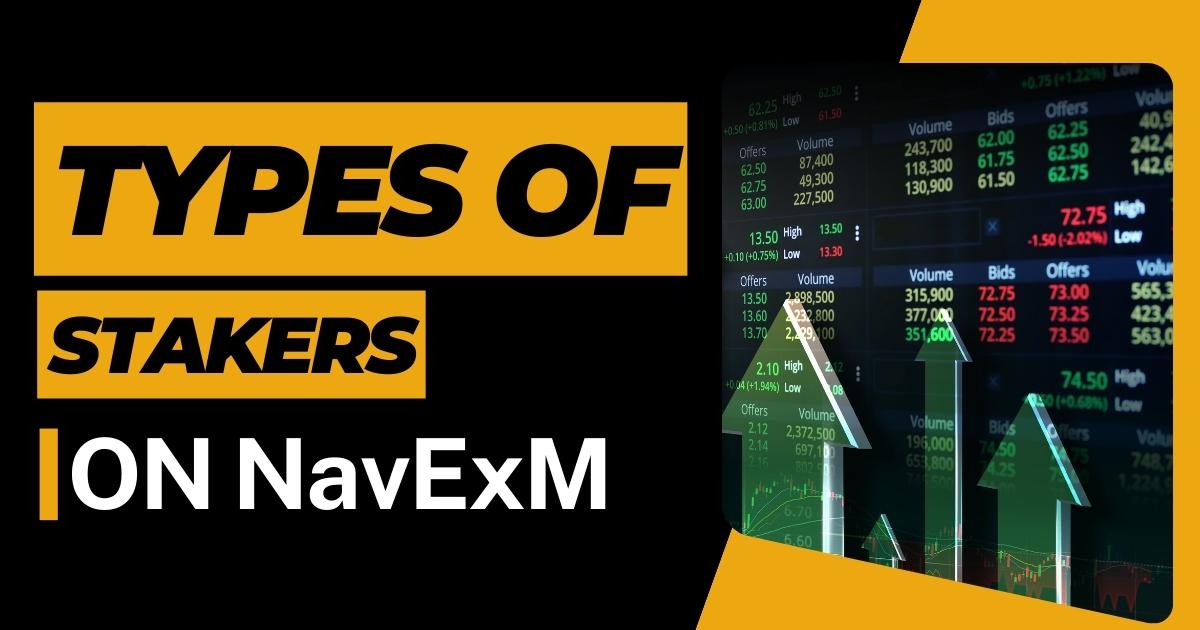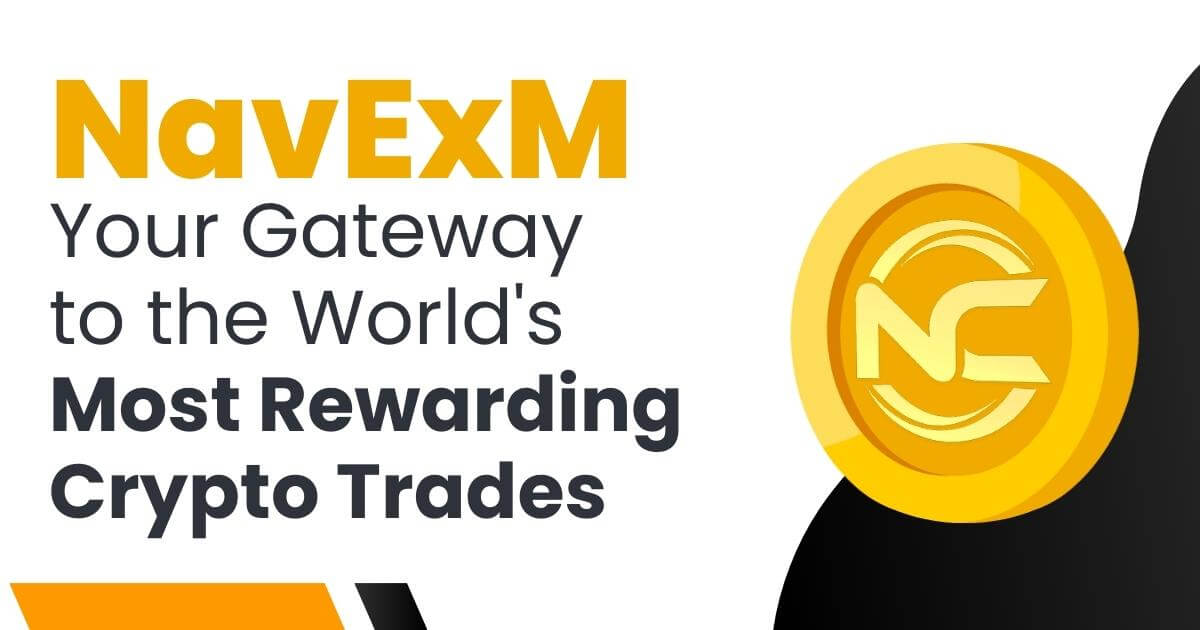Blogs
- Home
- |
- Media Library
- |
- Blog
How to Protect Your Cryptocurrencies from DeFi Phishing Scams
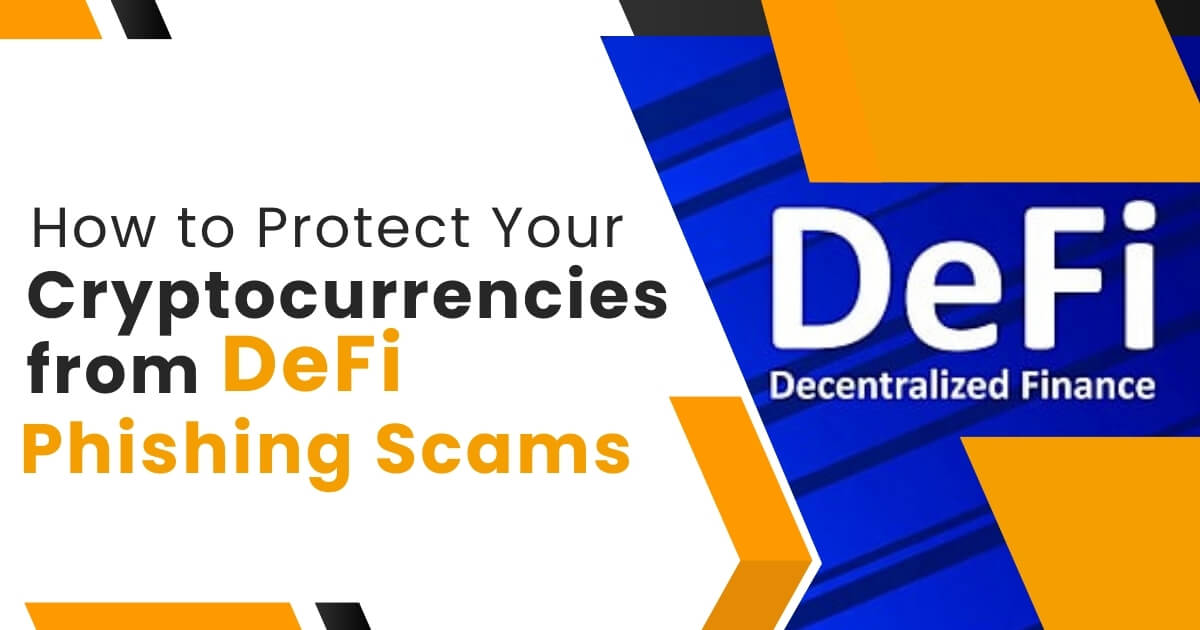
Decentralized finance is a growing sector in the crypto industry. This growth brings many lucrative and high-earning opportunities to DeFi lending and trading platforms. However, with every such movement that draws benefits, it is also equipped with drawbacks related to crypto security . One such risk is the increase in phishing scams, which can leave users with empty wallets. Therefore, in this article, we will look at what DeFi Phishing scams are and what are the ways users can implement to protect themselves from these scams.
DeFi Phishing Scams: An Introduction
DeFi Phishing scams entail hackers duping users into connecting their wallets to malicious decentralized applications (DApps). Through such applications, fraudsters may access the wallet to carry out illicit transactions. Usually, these crypto scams are carried out through email, where an individual impersonating a representative from a trading platform creates an error message that “your account has been compromised.” They also insist on sharing email and passwords to safeguard it. Such a technique may also include requesting a wallet address and password.
DeFi Phishing Scam Types
On a year-over-year basis, the number of DeFi scams is rising exponentially. Though there are diverse types of DeFi scams, the most common are:
Rug Pulls
These well-known crypto scams are prevailing in the decentralized altcoin cryptocurrency industry. It is an exit scam, where project developers try to attract as many people as possible, only to disappear with their assets at some point. Such hostile tactics are never intended to bring a product or service to the market. Their only purpose is to create buzz, get investors, and cash out. Moreover, rug pulls are often used interchangeably with the phrase “pump and dump. Both these crypto scams aim to create hype, increase the price of a token, and steal investors’ funds.
Phishing
In this crypto scam an individual tricks a user into paying a certain amount or giving them access to sensitive data such as private keys and wallet login information. Such scams are often carried out through email or other forms of digital communication, with the user being prompted to answer manually or click on a link. This puts the user's crypto security at risk.
Honeypot
Like any other crypto security scam, a honeypot entices investors with heightened enthusiasm, high-budget marketing, and unrealistic price estimates. As money floods in and prices rise, individuals try to make a profit and that’s when reality hits hard. You get an error message that “the transaction cannot succeed due to error: undefined. This is probably an issue with the token you are swapping.”
Now, when you analyze this error code, you will find out that the malicious individual has inserted a line of code into the coin contract, which allows only their wallet to sell.
Wallet Dusting
This type of crypto security breach involves delivering a small quantity of bitcoin, known as dust, to thousands or tens of thousands of DeFi wallets. So, when the received coins are sold, they function as a tracker and start displaying transactions related to the specific wallet. This attacking process attempts to de-anonymize wallets and pinpoint accounts with big cryptocurrency holdings, allowing hackers to attack them later.
Social Media Accounts
There are times when scammers deceive people into investing in their projects by creating fake social media accounts on Twitter, Facebook, and other platforms that resemble real-world personalities. Although these practices are easier to spot, crypto enthusiasts may act abruptly and overlook red flags because of the fear of missing out (FOMO). In addition, a few other social media scams include tournaments that demand users to deposit money to participate.
Airdrop Scams
The individual behind this crypto scam provides free tokens in return for completing small activities. After participating in these activities, users may be asked to provide personal information or even make a payment. In such a situation, scams will require victims to connect their wallets to the phishing website, allowing the scammer to access their funds.
Ways to Protect Cryptocurrencies from DeFi Phishing
It is crucial to keep an eye on the aforementioned scams inside DeFi, but some generalized methods can help you stay away from a list of crypto scams:
Invest the amount you are willing to lose
The crypto market is volatile in nature. Also, thousands of scam coins are created daily, which are difficult to spot. Therefore, we advise you to invest the amount you can afford to lose.
Do not follow links inside emails
If you receive any email from an unidentified individual, we advise you not to open the URL links directly. Use your preferred browser to visit the website mentioned in the email and double-check the URL of the website you are trying to visit. Also, ask yourself if you tried to get into your cryptocurrency account or if the email has appeared out of nowhere.
Enable extra security measures
If your wallet or exchange platform supports extra security measures, opt for robust crypto security measures. You can activate two-factor authentication, which will send an email or text code to your inbox and protect you from unauthorized access. Moreover, if you trade on your phone using applications, ensure to activate biometrics that require your fingerprint to launch the application.
Select the Reputable Exchange Platforms
If you wish to acquire your preferred crypto, we recommend using a well-known exchange platform like NavExM, which is widely trusted in the cryptocurrency world.
Do your own research
Always conduct thorough research and apply due diligence while investing your funds in any crypto assets. Before investing, make sure you know who the developers are, who is sponsoring the project, and its use cases. Moreover, it is equally important to understand the risk involved in such crypto assets.
Conclusion
The cryptocurrency market has the potential to earn profitable returns for investors. Alongside these available opportunities, different crypto scams are part of the dynamic crypto industry. It may confuse even the most seasoned cryptocurrency investors. Therefore, by following the above ways, such as enabling the security measures and choosing a reputable exchange platform, you can protect your cryptocurrencies from DeFi Phishing scams.







